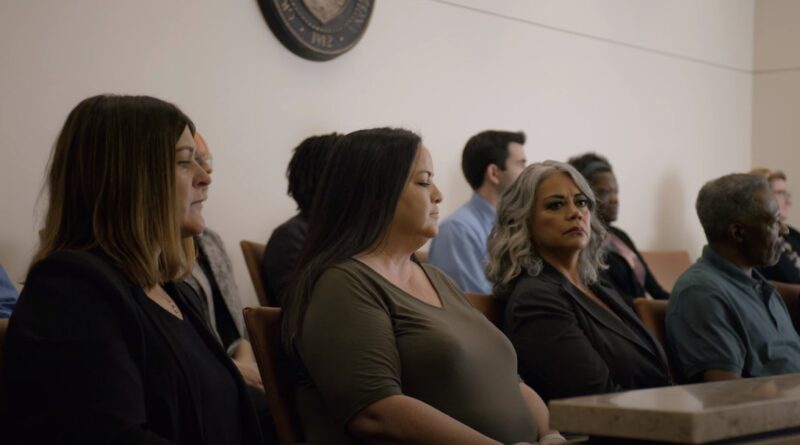Jury deliberation is a pivotal aspect of the legal process in many justice systems. This phase occurs after a trial concludes and involves jurors discussing the case in private to reach a verdict.
It’s a critical process that embodies the principles of justice, ensuring that decisions are based on collective reasoning and diverse perspectives.
The Role of Jurors
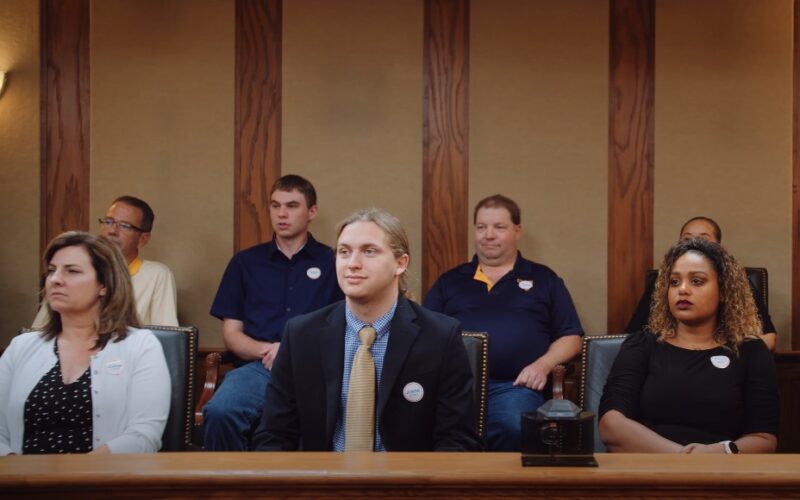
Jurors play a fundamental role in jury deliberation. They are tasked with analyzing evidence, discussing the facts, and applying the law as instructed by the judge.
Their objective is to reach a unanimous decision, reflecting a collective agreement on the case’s outcome. This process demands careful consideration, impartiality, and adherence to legal standards.
The Deliberation Process
The process begins once the trial concludes and the jury is sequestered. Jurors review evidence, revisit testimonies, and debate the case’s elements.
The key is open communication, allowing each juror to express their viewpoint. This process can be intense and requires jurors to navigate differing opinions to reach a consensus.
The Importance of Confidentiality
Confidentiality is paramount during jury deliberation. This secrecy ensures that jurors can speak freely, without external influences or pressures.
It maintains the integrity of the deliberation process, ensuring that the verdict is based solely on the case’s merits as presented in court.
Dynamics of Jury Deliberation
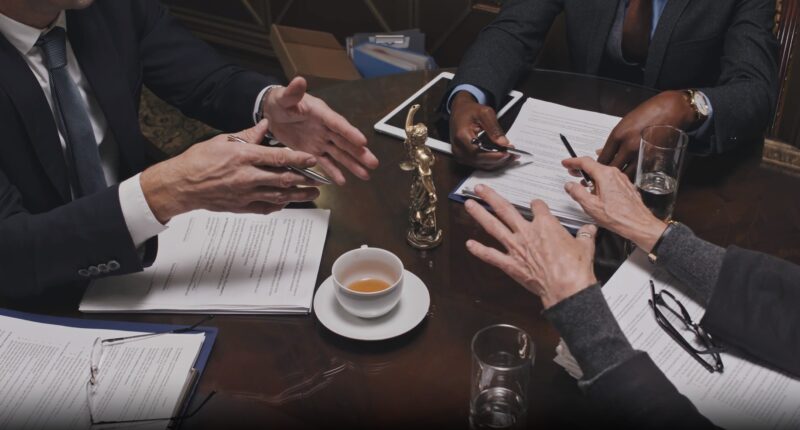
Jury deliberation is not just about reaching a verdict but also about how jurors communicate and make decisions. This process involves complex dynamics where various personalities and perspectives come into play.
Communication Among Jurors
Effective communication is essential. Jurors must listen to each other, respect differing opinions, and work towards a common understanding. This often involves compromise and negotiation as jurors weigh the evidence and apply the law.
Decision-Making Strategies
Jurors employ various strategies to make decisions. Some may focus on the evidence’s credibility, others on legal interpretations, and some on the moral implications of their decision. This diversity in approach enriches the deliberation process, ensuring a well-rounded examination of the case.
The Role of the Foreperson
The jury foreperson plays a crucial role in facilitating discussions, maintaining order, and ensuring that every juror’s voice is heard. They do not influence the verdict, but help guide the deliberation process towards a unanimous decision.
Challenges in Deliberation
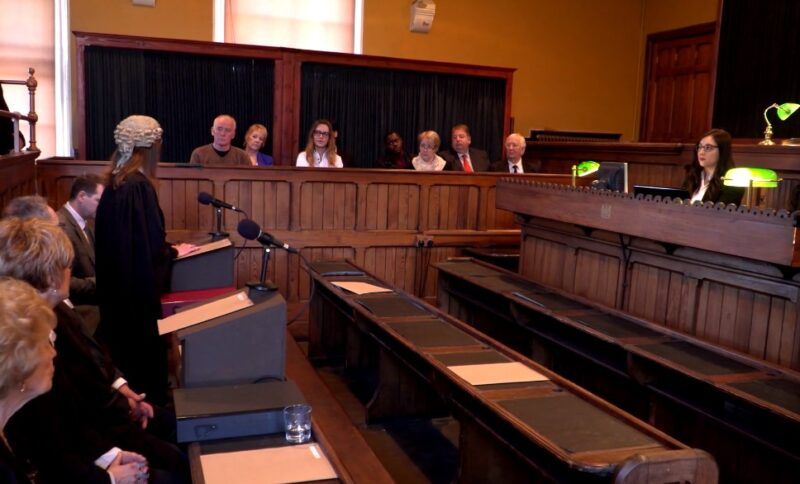
Jury deliberation is not without challenges. Jurors come from diverse backgrounds, with different levels of understanding of the legal system. This diversity can lead to conflicts or misunderstandings.
Overcoming Bias
One of the significant challenges is overcoming personal biases. Jurors must base their decisions on the evidence, not personal feelings or prejudices. This requires self-awareness and a commitment to fairness.
Handling Conflicts
Conflicts are inevitable, but how they are managed can significantly impact the deliberation process. Jurors must strive for constructive discussions, avoiding personal attacks or dominance by more outspoken members.
Time Constraints
Time can also be a challenge. Some deliberations are quick, while others can take days or weeks. Jurors must balance thoroughness with efficiency, ensuring a timely verdict without rushing to judgment.
Legal and Ethical Considerations
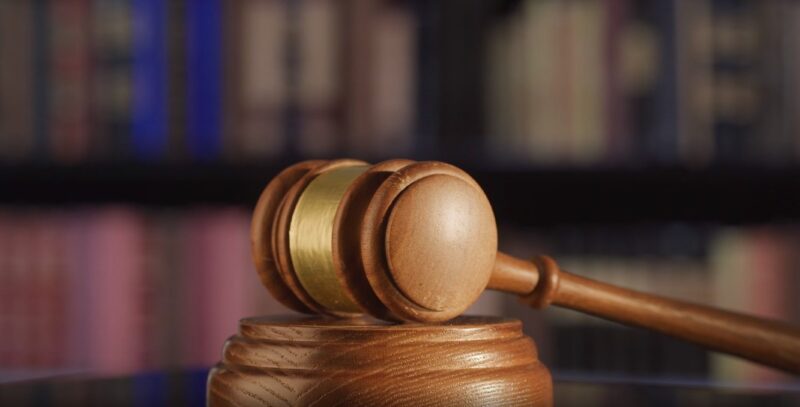
In jury deliberation, legal and ethical considerations are paramount. Jurors must adhere to the law while maintaining moral integrity.
Adhering to Legal Instructions
Jurors are bound by the judge’s legal instructions. These guidelines help them interpret the law correctly and apply it to the case. Misinterpreting these instructions can lead to an unjust verdict.
Ethical Responsibilities
Jurors also bear ethical responsibilities. They must remain impartial, keep deliberations confidential, and avoid external influences. This upholds the integrity of the justice system.
The Impact of the Verdict
The verdict has profound implications. It affects the lives of the accused, the victims, and their families. Jurors must be cognizant of the weight of their decision, ensuring it is just and fair.
The Societal Impact of Jury Deliberation
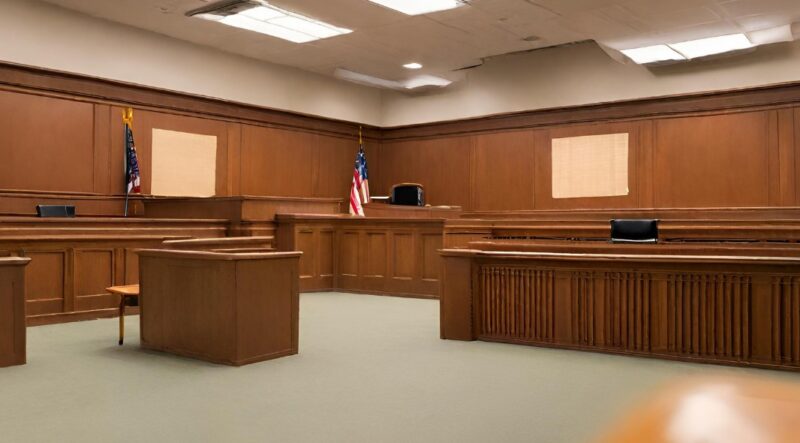
Reflecting Community Values
Jury deliberation plays a crucial role in reflecting the values and norms of society. It is a process where the voices of ordinary citizens contribute to the administration of justice, ensuring that legal decisions resonate with societal values.
Representation of the Community
Jurors are selected from diverse backgrounds, representing a cross-section of the community. This diversity ensures that a range of perspectives and life experiences are brought into the deliberation room, enriching the decision-making process.
Balancing Legal and Moral Judgments
While jurors are required to follow the law, they also bring their moral compass into the deliberation process. This balance between legal obligations and moral considerations ensures that the verdicts align with the community’s ethical standards.
The Role in Upholding Democracy
Jury deliberation is a democratic process at its core. It empowers citizens to participate directly in the justice system, fostering a sense of ownership and responsibility towards the law and its enforcement.
The Psychological Aspect of Jury Deliberation
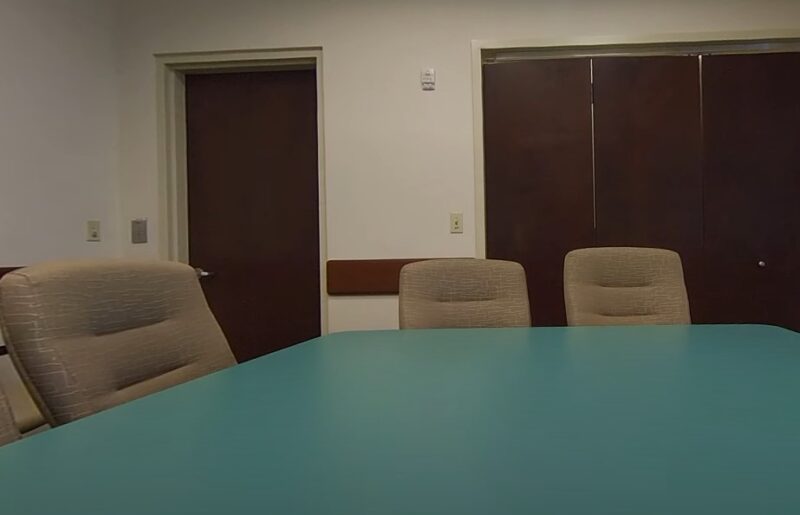
Jury deliberation is not just a legal process but also a psychological one. The way jurors think, interact, and make decisions is influenced by various psychological factors.
Group Dynamics in Deliberation
Group dynamics play a significant role. Jurors’ interactions, the influence of dominant personalities, and the pressure to conform can all impact the deliberation outcome.
Having knowledge about these dynamics is crucial for ensuring a fair and unbiased deliberation process.
Cognitive Biases and Decision Making
Jurors, like all humans, are susceptible to cognitive biases. These biases can affect how they interpret evidence and testimonies. Recognizing and mitigating these biases is essential for rational and objective deliberation.
Stress and Emotional Impact
The deliberation process can be emotionally taxing. The responsibility of deciding someone’s fate, the intensity of discussions, and the weight of legal consequences can cause significant stress for jurors.
Managing this emotional aspect is crucial for maintaining the jurors’ well-being and ensuring sound decision-making.
Technological and Modern Challenges

The advent of technology poses new challenges and opportunities for jury deliberation. In an era where information is readily accessible, maintaining the integrity of the deliberation process is more crucial than ever.
Impact of Digital Information
In the digital age, jurors have unprecedented access to information. Ensuring that jurors rely solely on the evidence presented in court and not on external digital content is a significant challenge.
Virtual Jury Deliberation
The COVID-19 pandemic has accelerated the adoption of virtual platforms for jury deliberation. While this offers flexibility and safety, it also raises questions about confidentiality, the effectiveness of communication, and the ability to assess non-verbal cues.
Future Prospects
Looking forward, the integration of technology in the jury deliberation process is inevitable. Developing guidelines and tools to adapt to these changes while preserving the essence of jury deliberation is a task for the future.
FAQs
What is the purpose of jury deliberation?
Jury deliberation is the process where jurors discuss and evaluate the evidence and arguments presented during the trial to reach a verdict.
How long can jury deliberations last?
The duration of jury deliberations can vary greatly. Some verdicts are reached quickly, within hours or days, while others can take several weeks.
What does it mean when judges deliberate?
When judges deliberate, they are reviewing and considering the legal aspects of a case, often in decisions related to law interpretation, rather than the factual determination that a jury makes.
How are jurors selected for jury duty?
Jurors are typically chosen through a random selection process from a pool of eligible citizens. They are then screened through a process called voir dire to ensure impartiality.
Why might jury deliberations take a long time?
Extended jury deliberations usually occur in complex cases with substantial evidence, where jurors need to thoroughly review and discuss the details to reach a unanimous verdict.
Does a lengthy jury deliberation indicate favoritism towards one side?
The length of jury deliberation doesn’t necessarily favor either the defense or prosecution. It often reflects the jury’s careful consideration of the evidence and their duty to reach a fair and just verdict.
Final Words
Jury deliberation is a complex, multifaceted process integral to the justice system. It encapsulates legal, ethical, societal, psychological, and technological dimensions.
As society evolves, so too must the process of jury deliberation, adapting to new challenges while upholding the principles of justice, fairness, and democracy. Find out how to find out if criminal charges are filed against you in our article, as it is very important knowledge to have about the justice system and law.
